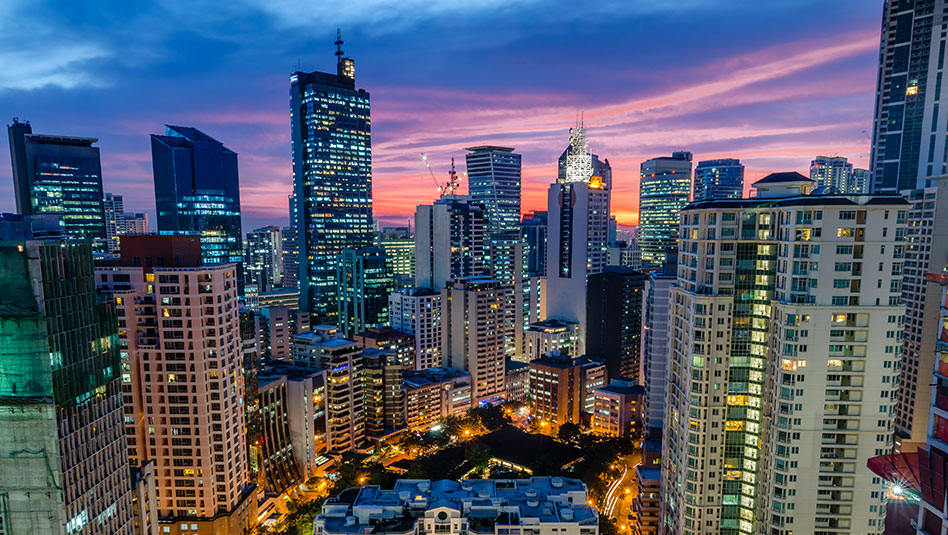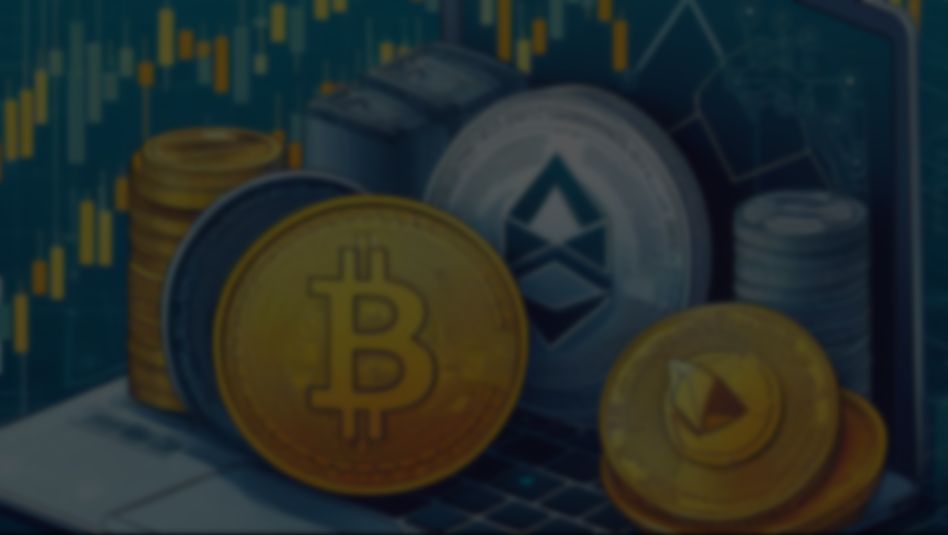The declaration that Binance is operating illegally in the Philippines can be a sign of the government’s efforts to reign in the booming cryptocurrency market.
 FEATURED INSIGHTS
FEATURED INSIGHTSThe Securities and Exchange Commission (SEC) dealt a blow to the cryptocurrency community in the Philippines when it declared on November 28, 2023 that Binance is not registered as a corporation in the Philippines, and thus, is not authorized to sell or offer security products.
The SEC is also advising the public to take caution against dealing with any person representing Binance, who they said may be held criminally liable for violating section 28 of the Securities Regulation Code (SRC).
Violators, which include sellers, dealers, promoters, recruiters, and even endorsers and influencers, may be penalized up to PHP 5 million or receive a 21-year imprisonment.
What is Binance?
Binance is an online cryptocurrency exchange platform used to trade a variety of cryptocurrencies (digital currencies). Founded in 2017, Binance is considered the world’s largest cryptocurrency exchange trading about 45 types, from bitcoin, ethereum, litecoin, and dogecoin, and earning about USD 12 billion in 2022.
Recently, Binance founder Changpeng Zhao resigned from the company, after pleading guilty of money laundering, as part of a deal with the United States Department of Justice.
Binance is also in trouble with the US DOJ for violations related to that country’s bank secrecy laws and its failure to register as a money transmitting business. The company agreed to pay USD 4 billion to resolve the DOJ’s investigation.
Is Binance operating in the Philippines?
Prior to the SEC advisory, no. It attempted to apply for licenses from the Bangko Sentral ng Pilipinas (BSP) in late 2022, specifically, as a virtual asset service provider (VASP) and electronic money issuer (EMI). But so far, the BSP has not given its approval yet.
Trouble with Binance’s operation in the Philippines seems to have started this year with the departure of the general manager of Binance in the Philippines, Kenneth Stern. His LinkedIn profile listed his work experience with Binance ended in July 2023. He only worked for one year with the company.
Is cryptocurrency legally traded in the Philippines?
Yes, but only on the trading platforms and not on the actual cryptocurrency itself. The BSP, in its Circular No. 944 released in 2017, provided guidelines related to virtual currency exchanges operating in the Philippines. This opened the door for financial technology startups and telecommunications firms to enter the cryptocurrency trading space.
In later years, the BSP came out with a list of VASPs and EMIs, which the SEC also uses for its own tracking of these exchanges.
Meanwhile, the SEC was working on a regulatory framework for cryptocurrency as early as late 2022. The SEC was working with the University of the Philippines Law Center on rules governing the trading of cryptocurrency. However, due to the collapse of another cryptocurrency, FTX, the SEC pushed back on releasing the framework.
As of November 2023, the SEC has yet to release the framework, though SEC Commissioner Kelvin Lee, in an interview with ANC, promised its release “hopefully this year.”
How big is the cryptocurrency market in the Philippines?
There is no official government data on the size of the cryptocurrency market in the Philippines. Instead, a 2022 report by fintech firm Triple A said that 7 million Filipinos, or 6.13% of the population, own some form of cryptocurrency.
What is next for investors?
SEC’s announcement stirred the cryptocurrency community in the Philippines. In community online message boards, Filipino cryptotraders who have assets managed through Binance are scrambling to cash out their investments.
Meanwhile, those who trade using BSP-accredited cryptocurrency exchanges seem to be unaffected.
ALEXANDER VILLAFANIA is a writer for Metrobank’s Wealth Insights. For almost 20 years, he authored stories on science, technology, and education as a journalist for several local news organizations. He has since transitioned to writing more about financial literacy, believing that helping people develop a healthy relationship with money is key to enabling positive socio-economic and environmental change.







 DOWNLOAD
DOWNLOAD






 By Alexander VIllafania
By Alexander VIllafania